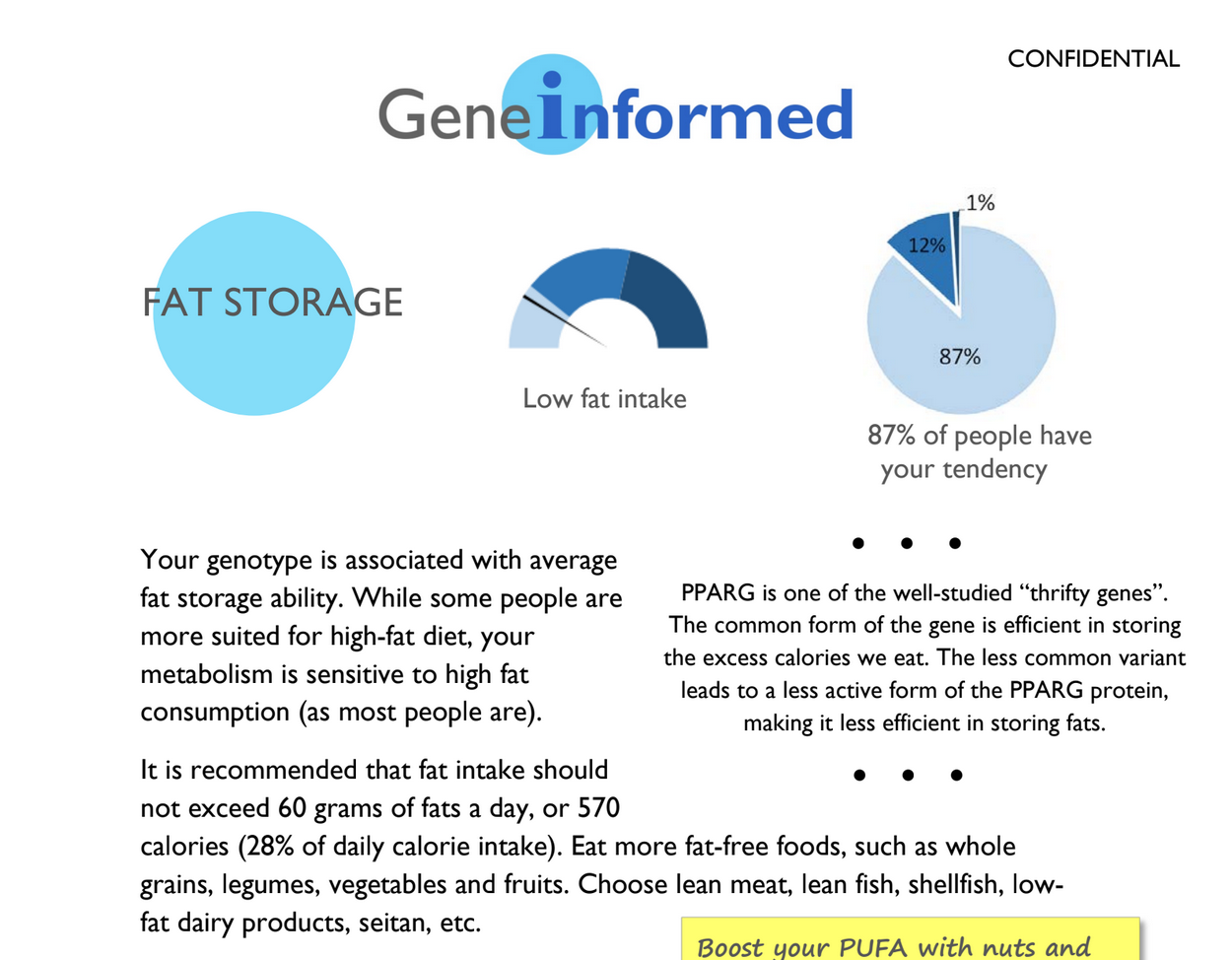You’ve tried all the diets. Keto, paleo, intermittent fasting—you name it. Sometimes they work, sometimes they don’t, and sometimes they leave you feeling worse than when you started. It’s frustrating, right? What if the problem wasn’t your willpower, but your blueprint? Your unique genetic code.
That’s the promise of personalized nutrition based on genetic testing. It’s a shift from the one-size-fits-all diet plan to a eating strategy tailored specifically to you. Let’s unpack what that really means, beyond the hype.
It’s More Than Just DNA: The Science Behind the Bite
At its core, nutrigenomics is the study of how the foods you eat interact with your genes. Think of your genes not as a rigid, unchangeable destiny, but as a set of instructions. Personalized nutrition aims to read those instructions to see how your body uniquely processes fats, carbs, vitamins, and more.
For instance, one person might have a genetic variant that makes them metabolize caffeine slowly, leaving them jittery for hours after a single coffee. Another might process folate inefficiently, requiring more leafy greens to hit their optimal levels. It’s these tiny differences that add up to a massive impact on your health.
What Can a DNA Test Actually Tell You About Your Diet?
Okay, so you spit in a tube. What happens next? Well, these tests typically analyze specific gene markers known as SNPs (pronounced “snips”). These are small variations in your DNA that can influence everything from your appetite to how you break down nutrients.
Common Insights from a Nutrition-Focused DNA Test
Here’s a snapshot of what you might learn:
| Area of Insight | What It Might Reveal |
| Caffeine Metabolism | Whether you’re a fast or slow metabolizer, influencing your heart health and sleep. |
| Lactose Intolerance | Your genetic predisposition for digesting lactose, the sugar in dairy. |
| Macronutrient Response | How your body may respond to different levels of fat, carbohydrates, and protein. |
| Vitamin Needs | Genetic predispositions for higher needs of vitamins like B12, D, or folate. |
| Salt Sensitivity | Whether your blood pressure is more genetically sensitive to sodium intake. |
| Antioxidant Processing | How well your body utilizes antioxidants from foods like berries and dark chocolate. |
It’s not about good genes or bad genes. It’s about understanding your body’s inherent operating manual. For example, knowing you’re a slow caffeine metabolizer isn’t a curse—it’s a reason to switch to that second cup of decaf and feel better for it.
The Real-World Impact: From Data to Dinner Plate
So how does this translate off the screen and onto your plate? Let’s say your report indicates a sensitivity to saturated fats. This doesn’t mean you can never eat a burger again. Honestly, that would be unrealistic. It means you might benefit from being more mindful of your saturated fat sources, opting for leaner cuts of meat and using avocado oil more often than butter.
Or, if your genes suggest a higher requirement for omega-3s, you could make a point to include fatty fish like salmon twice a week, or sprinkle flaxseed on your morning yogurt. It’s these small, sustainable tweaks—informed by your DNA—that can lead to lasting changes.
Let’s Be Honest: The Limitations and The Hype
This is the part where we get real. Personalized nutrition is a powerful tool, but it’s not a crystal ball. The science, while exciting, is still young. Your genes are only one piece of a very complex puzzle.
Your gut microbiome, your lifestyle, your stress levels, your sleep patterns—they all play a colossal role in your health. A DNA test can’t tell you that a stressful week at work is going to disrupt your digestion, or that a poor night’s sleep will make you crave sugar.
And here’s another thing: the direct-to-consumer testing market is, well, a bit of a wild west. The quality of recommendations can vary dramatically between companies. Some offer genuinely insightful, evidence-based guidance, while others might overpromise. It’s crucial to approach this with a healthy dose of skepticism and, ideally, use the results as a starting point for a conversation with a registered dietitian or doctor.
Is Personalized Nutrition Right for You? A Quick Checklist
Wondering if you should take the plunge? Ask yourself these questions:
- Have you tried multiple generic diets with mixed or disappointing results?
- Do you have persistent health niggles—like bloating, low energy, or mood swings—that you can’t seem to pin down?
- Are you genuinely curious about the science of your own body and motivated to make data-informed changes?
- Are you willing to see genetic data as one insight among many, not a definitive answer?
If you nodded along to most of these, then exploring this path could be a worthwhile experiment for you.
The Final Morsel
Personalized nutrition based on genetic testing isn’t about finding a magic bullet. It’s about moving away from the noise and confusion of diet culture and towards a more nuanced, self-aware relationship with food. It empowers you to become the expert on your own body.
The most profound changes often come not from drastic overhauls, but from a series of small, intelligent adjustments. It’s about learning to listen—not just to the latest health trend, but to the ancient, unique story written in your cells. And that, you know, is a story worth reading.


